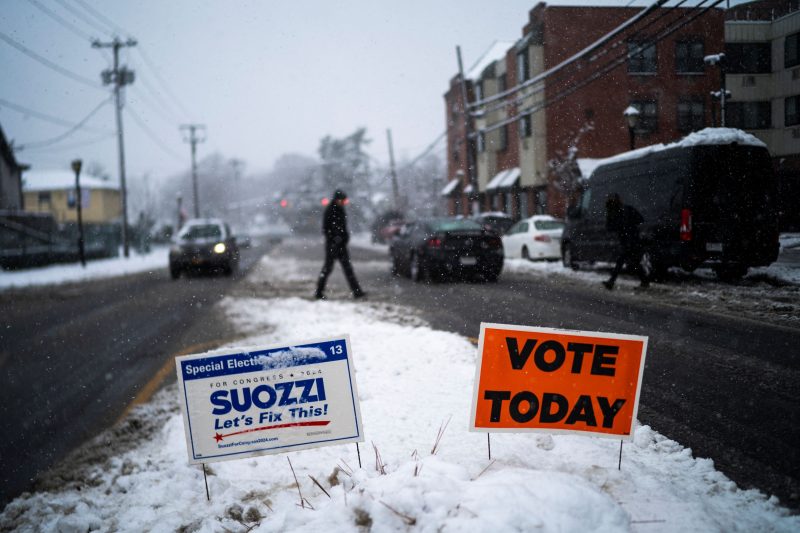
New York’s Democratic Lawmakers Veto Proposed Congressional Redistricting Plan!
In an unprecedented turn of events, Democratic lawmakers in New York have rejected a proposed congressional map. The decision has sent tremors throughout the political landscape generating reactions that reverberate beyond the state’s borders due to the implications it has for the Democratic Party and its political standing.
The proposal in question was centered around New York’s congressional districts. Redistricting is a routine event that happens once every ten years, following the population information garnered from the U.S. Census. In theory, the redistricting process is designed to ensure that each congressional district within a state has roughly the same number of residents. However, in practice, the process has been notorious for ‘gerrymandering’, a scenario where district lines are manipulatively drawn to tilt political favor towards one party.
This instance is particularly significant as New York stands as one of the most substantial Democratic strongholds in the nation. Given the party’s dominance in the state legislature, the expectation was that revised maps would favor the Democratic Party and thus boost its chances of retaining control of the U.S. House of Representatives in the 2022 midterm elections.
However, the New York Democratic lawmakers’ rejection of the proposed map defies this expectation. The decision cues an unanticipated level of disunity among Democratic ranks, which can potentially compromise the party’s stronghold and leave it vulnerable to Republican gains.
Multiple factors reportedly underlie the map’s rejection. Some lawmakers voiced concerns that the map was too aggressively gerrymandered, fearing that it would undermine public trust and democratic principles. They argued that voters should pick their politicians, not the other way around. Other representatives raised concerns about the map’s impact on minority representation and its potential to fracture historically cohesive communities unfairly.
Such intra-party wrangling is relatively rare on such a significant issue, showing the extent of lawmakers’ concerns and their willingness to voice them. It also highlights that the redistricting process’s nature, which is inherently political, can also function as a stress test on a party’s unity.
What the refusal also punctuates is a shift away from a myopic party-first consideration to a more nuanced approach, understanding the value of establishing trust and goodwill among the electorate. The lawmakers’ actions in rejecting a gerrymandered map may signal the beginning of a democratic revival where the power returns to the people to choose their leaders rather than being subjected to political manipulations.
The rejection of the proposed map underscores the reality of the complex political dynamics at play. While New York’s Democratic lawmakers may have frustrated some party strategists, their action represents an important assertion that principles and public trust should supersede political expediency.
While this is a win for democratic principles, it negates the certainty of the electoral outcomes. With the disapproval of the map, New York’s political future hangs in the balance, its districts susceptible to shifts that can reshape the political landscape in the state and potentially the nation.
Overall, the rejection of the proposed map by New York Democratic lawmakers represents an important milestone in recognizing the flaws in partisan gerrymandering and taking collective action against it. However, it also throws open several questions about the future of political re-districting, serving as a reminder of its volatility and its potential impact on the greater political landscape.
